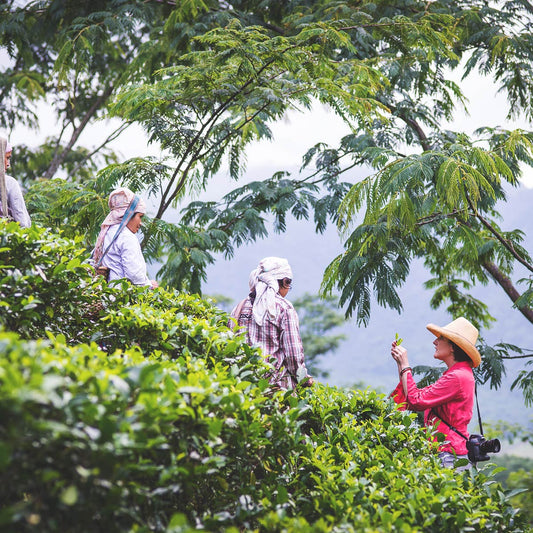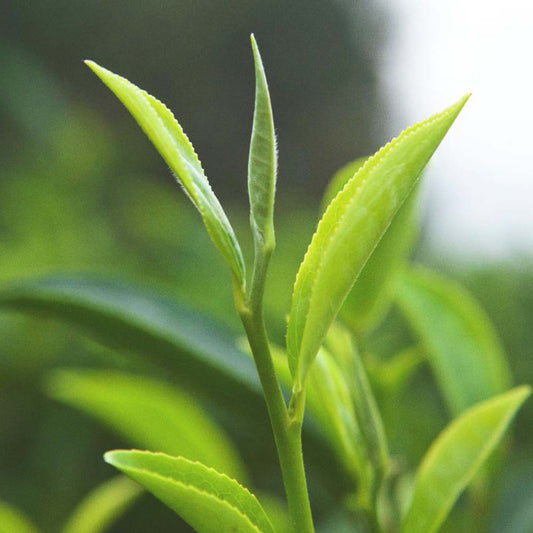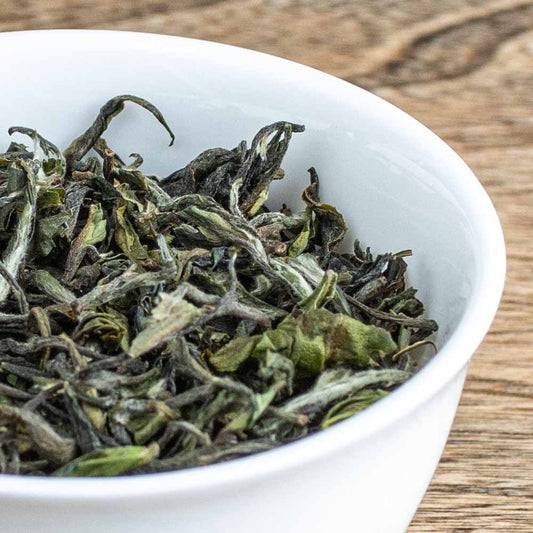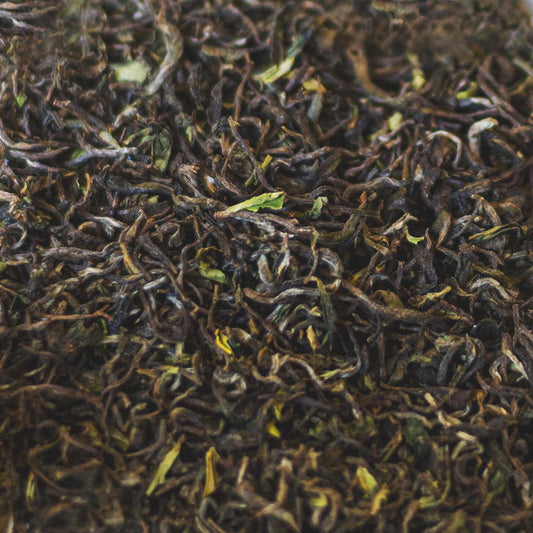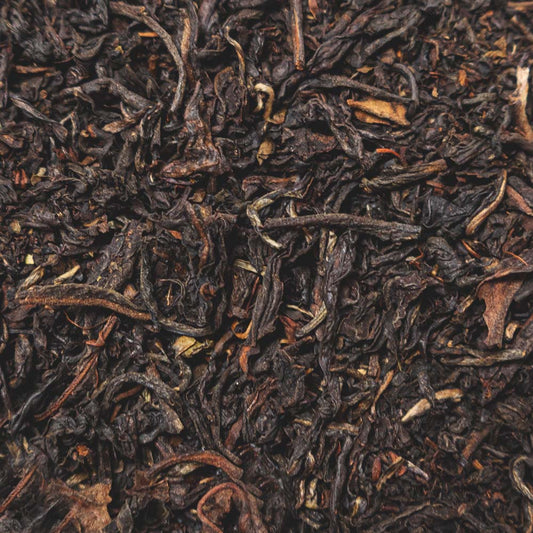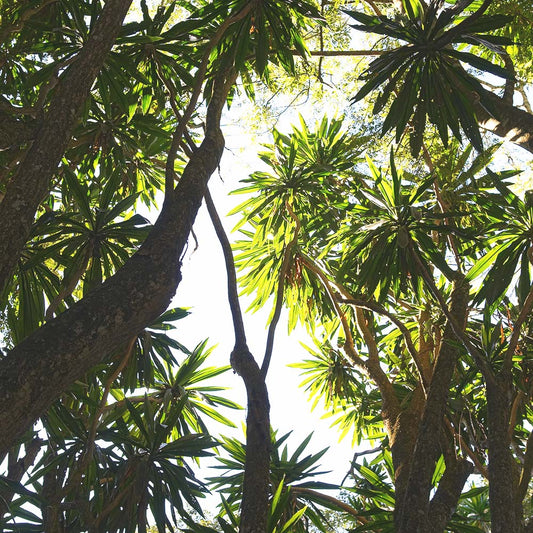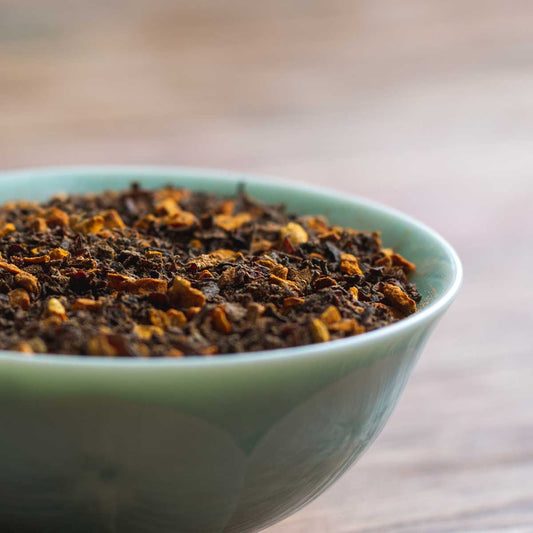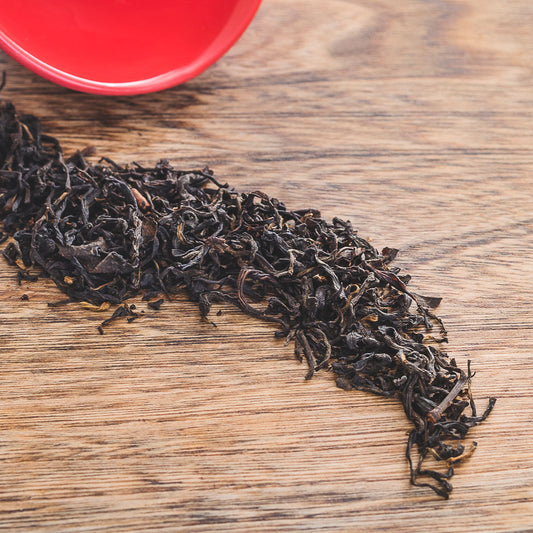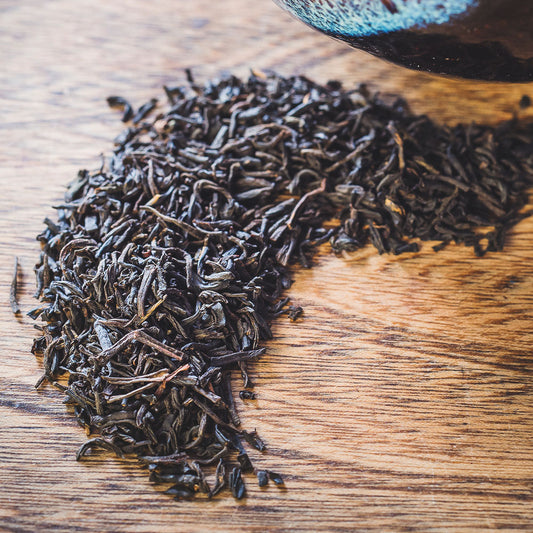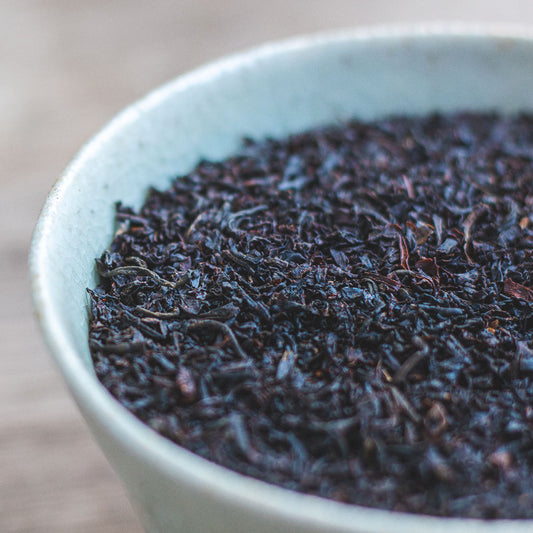Loose Leaf Black Tea
At Rare Tea Company our aim is to source and supply the very best black tea in the UK and, indeed, around the world. Read more...
Shop 29 Rare Tea Co Loose Leaf Black Tea Products
-
Indian Cloud
23 reviewsRegular price 174,00 krRegular price0,00 kr 4,35 kr per cup -
Cumulus & Cirrus Cloud Teas
Regular price From 157,00 krRegular price0,00 kr 5,23 kr per cup -
Nepali Himalayan Black
15 reviewsRegular price 118,00 krRegular price0,00 kr 2,95 kr per cup -
First Flush Darjeeling
7 reviewsRegular price 105,00 krRegular price0,00 kr 3,50 kr per cup -
Indian Himalayan First Flush
Regular price 201,00 krRegular price0,00 kr 5,03 kr per cup -
Sikkim Second Flush Muscatel
17 reviewsRegular price From 118,00 krRegular price0,00 kr 3,18 kr per cup -
Satemwa Whisky Barrel Tea
Regular price 174,00 krRegular price0,00 kr 2,90 kr per cup -
Malawi Mountain Moto
8 reviewsRegular price 70,00 krRegular price0,00 kr 2,91 kr per cup -
Golden Masala Chai
3 reviewsRegular price From 70,00 krRegular price0,00 kr 1,75 kr per cup -
Rare Lapsang Souchong
12 reviewsRegular price 218,00 krRegular price0,00 kr 5,45 kr per cup -
Tarry Lapsang Souchong
9 reviewsRegular price 96,00 krRegular price0,00 kr 2,40 kr per cup -
Mild Lapsang Souchong
4 reviewsRegular price 140,00 krRegular price0,00 kr 3,50 kr per cup




